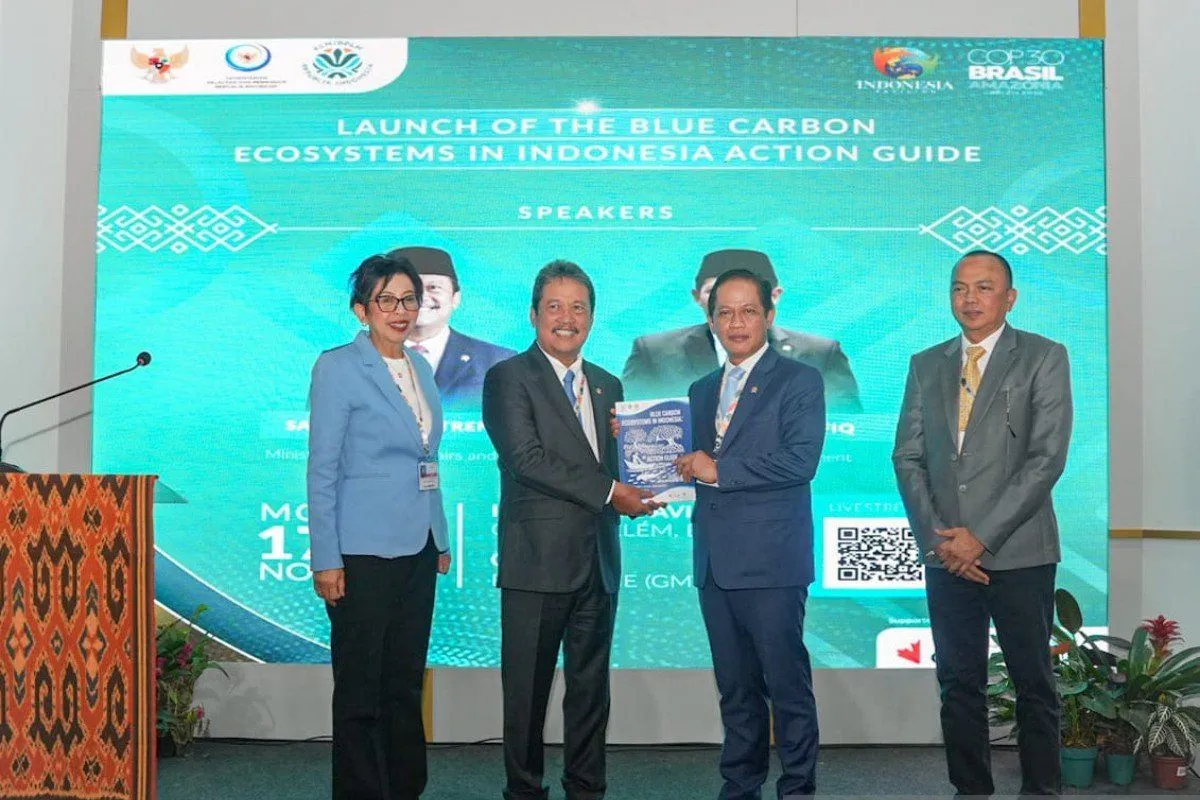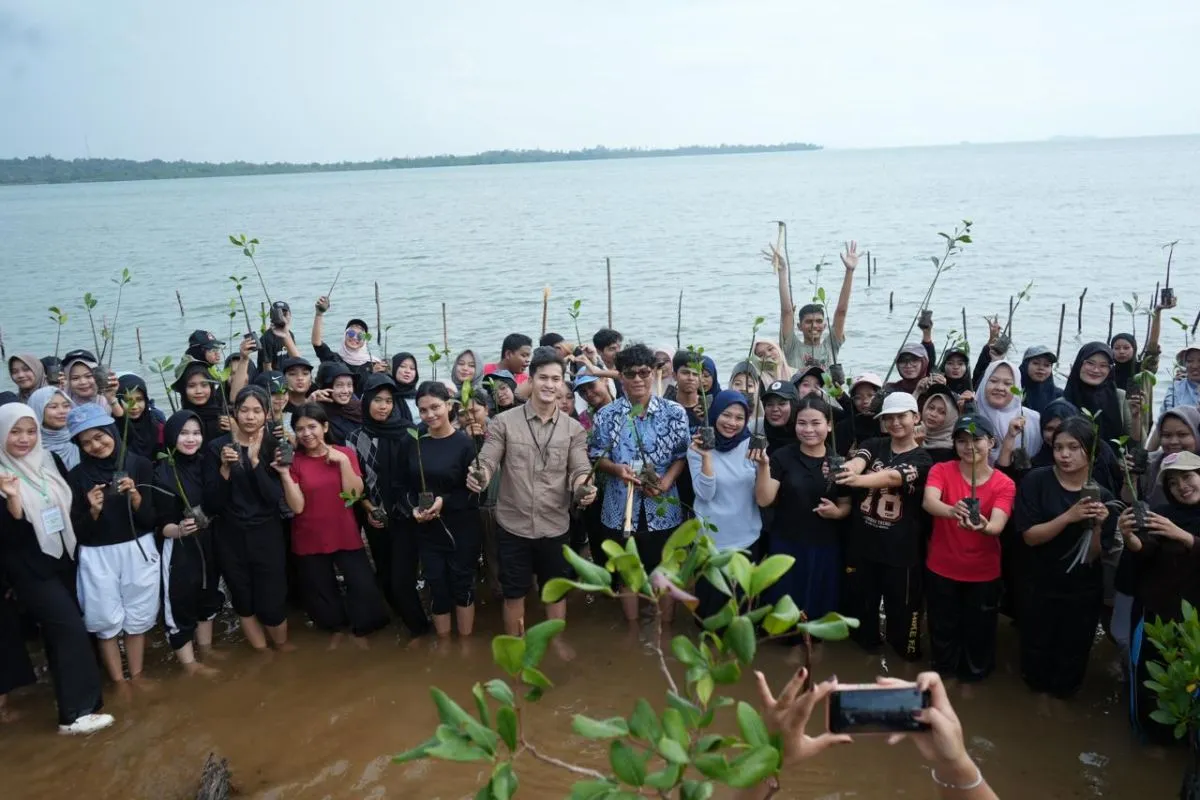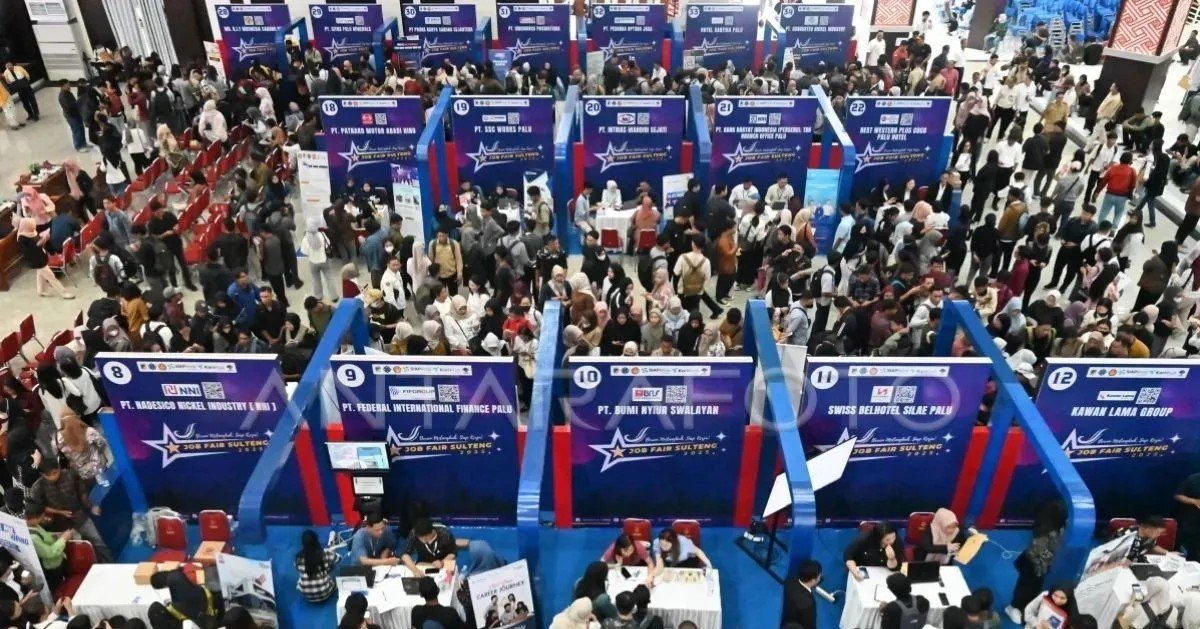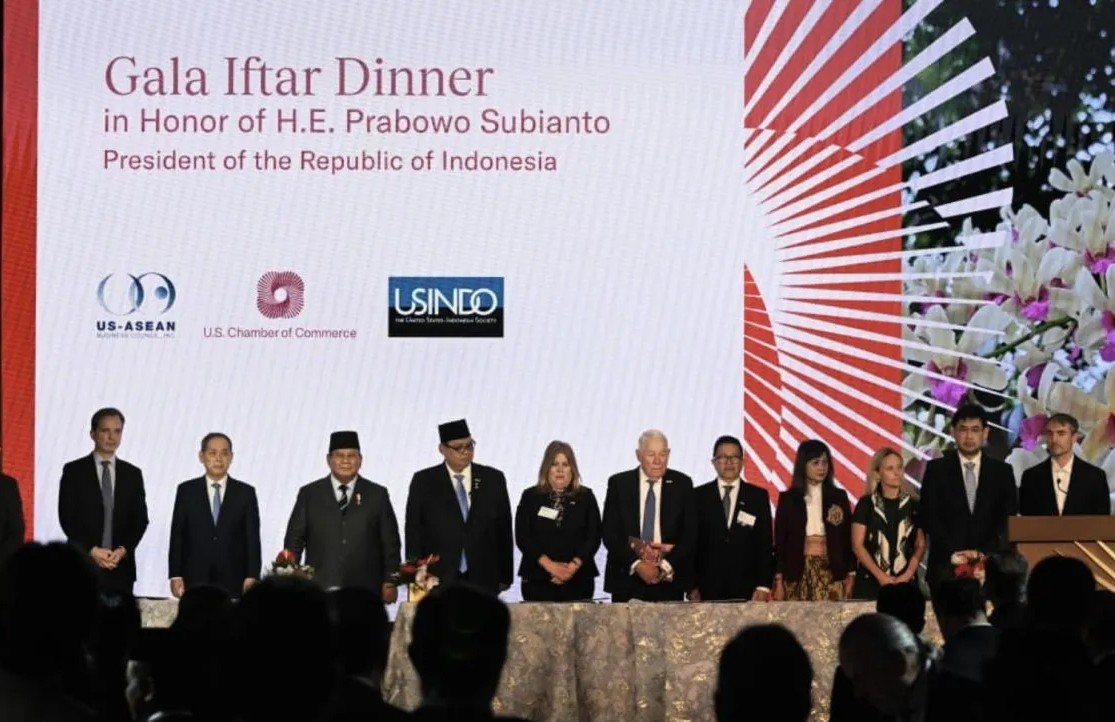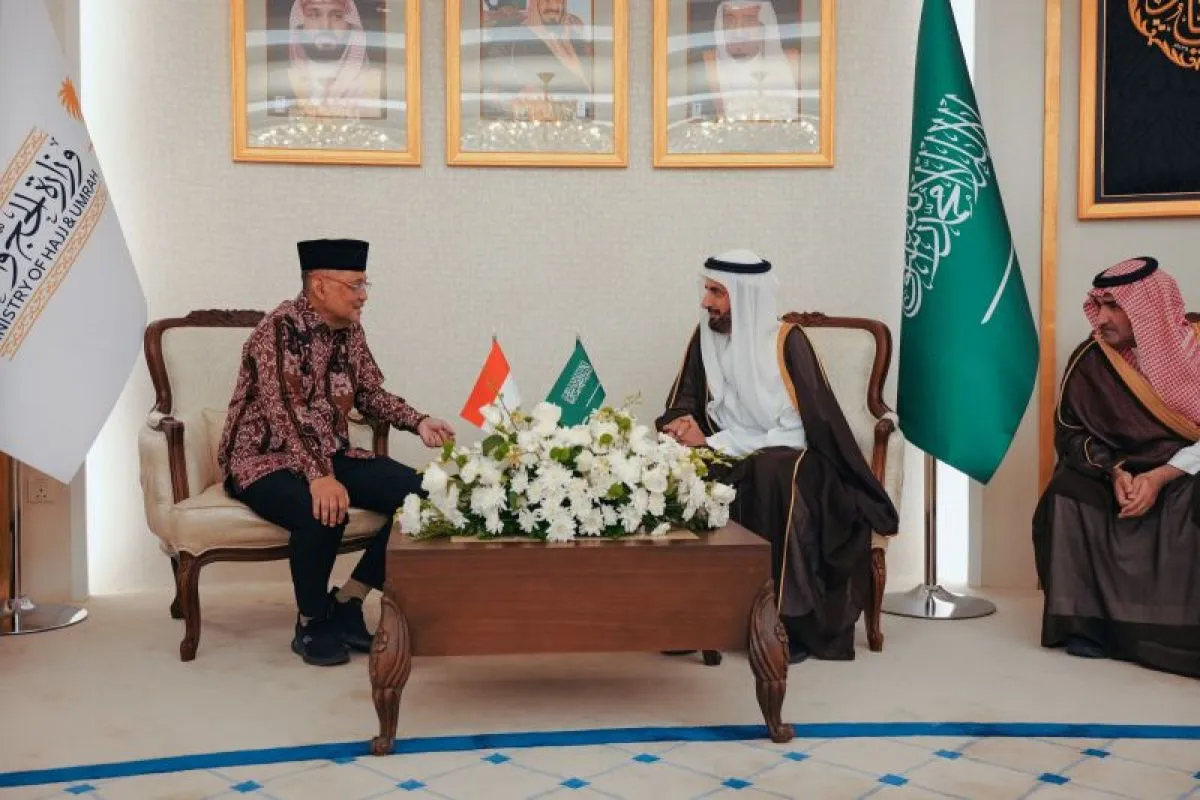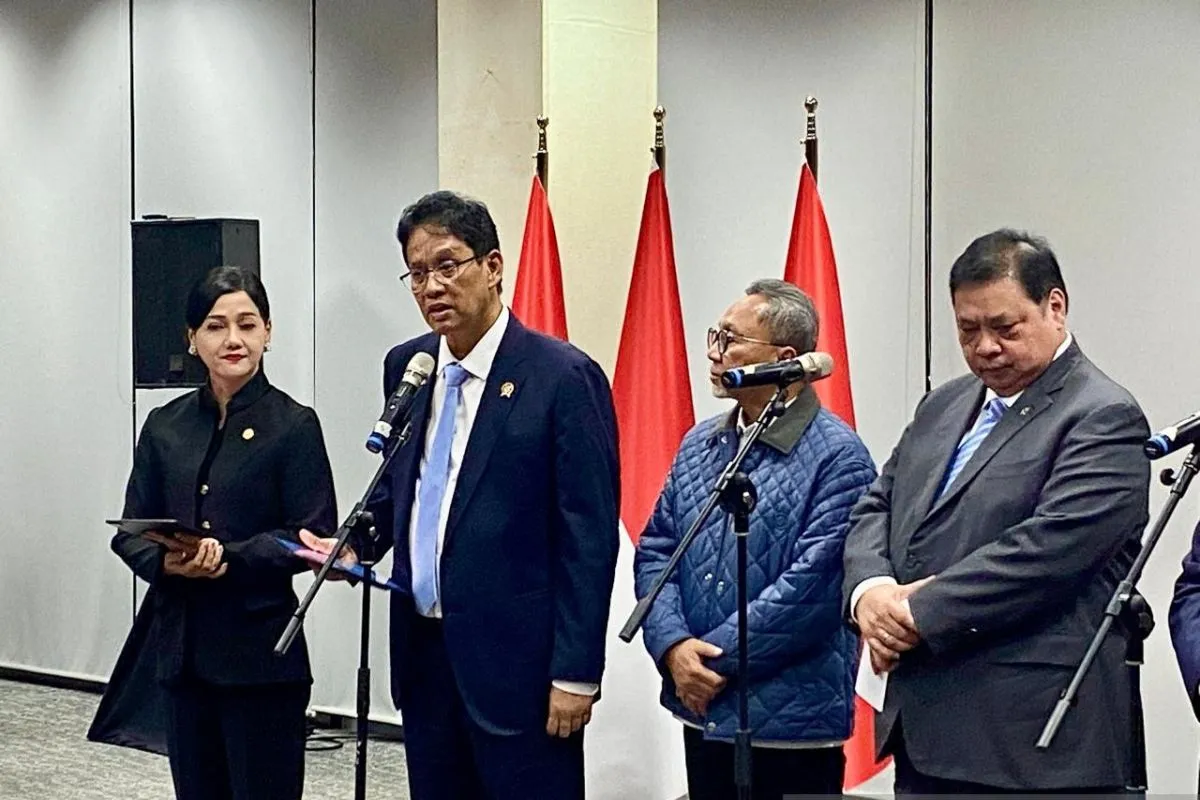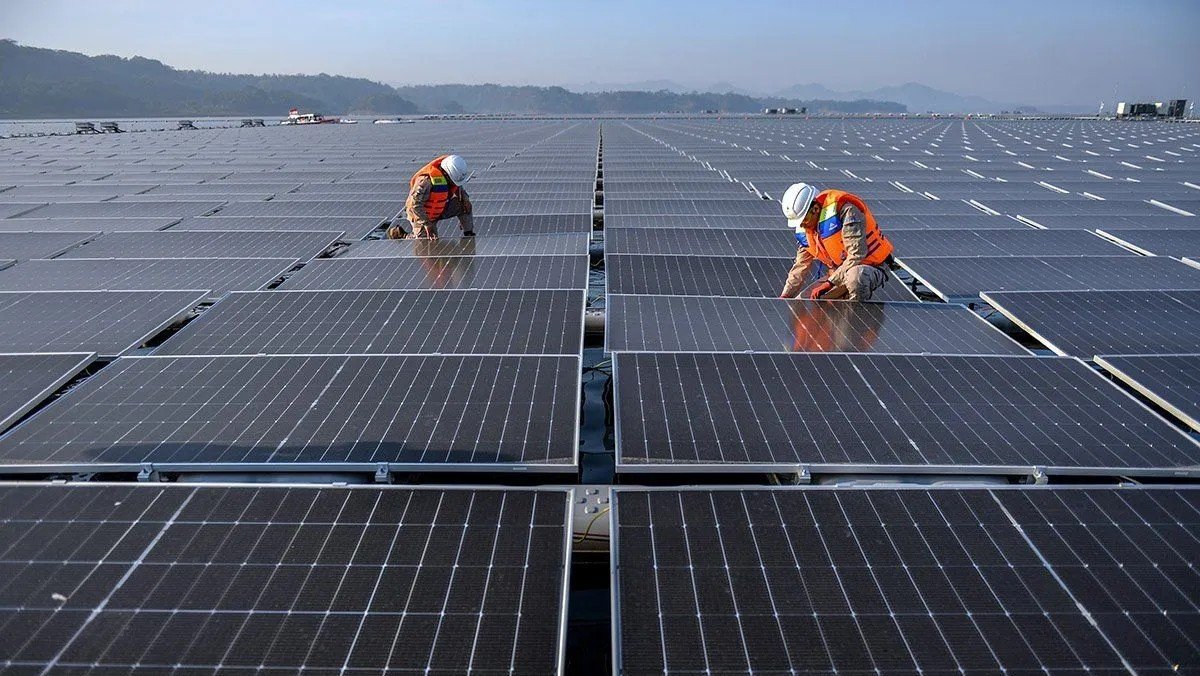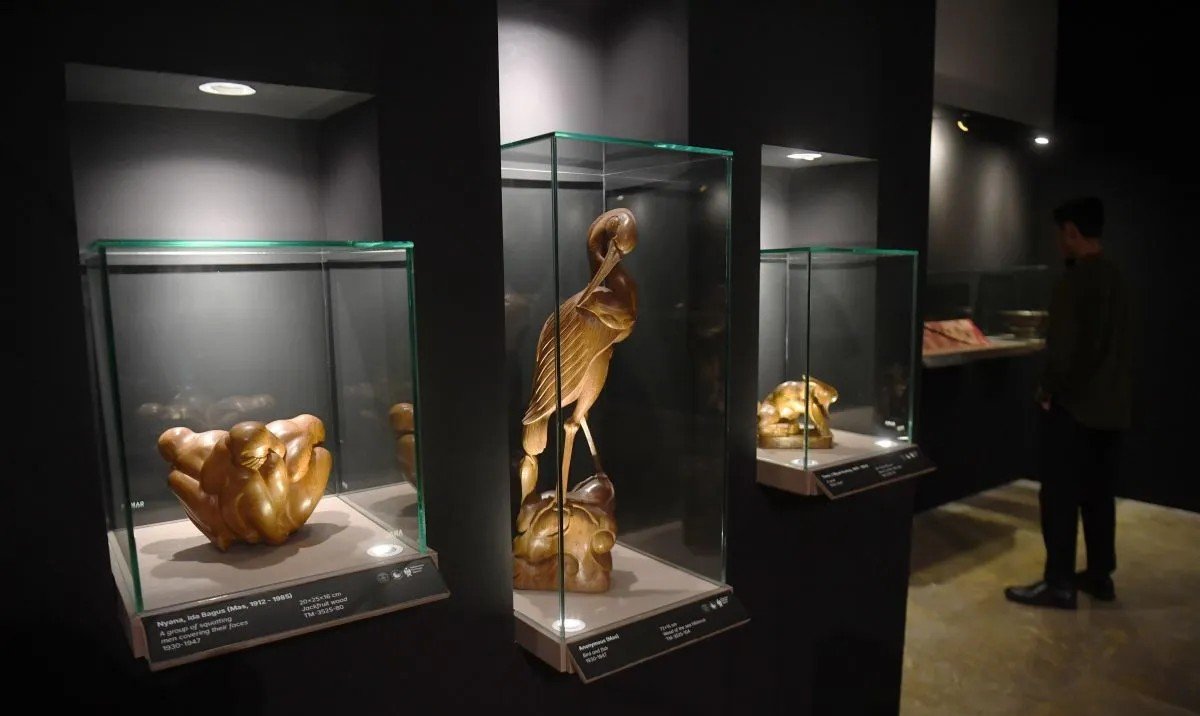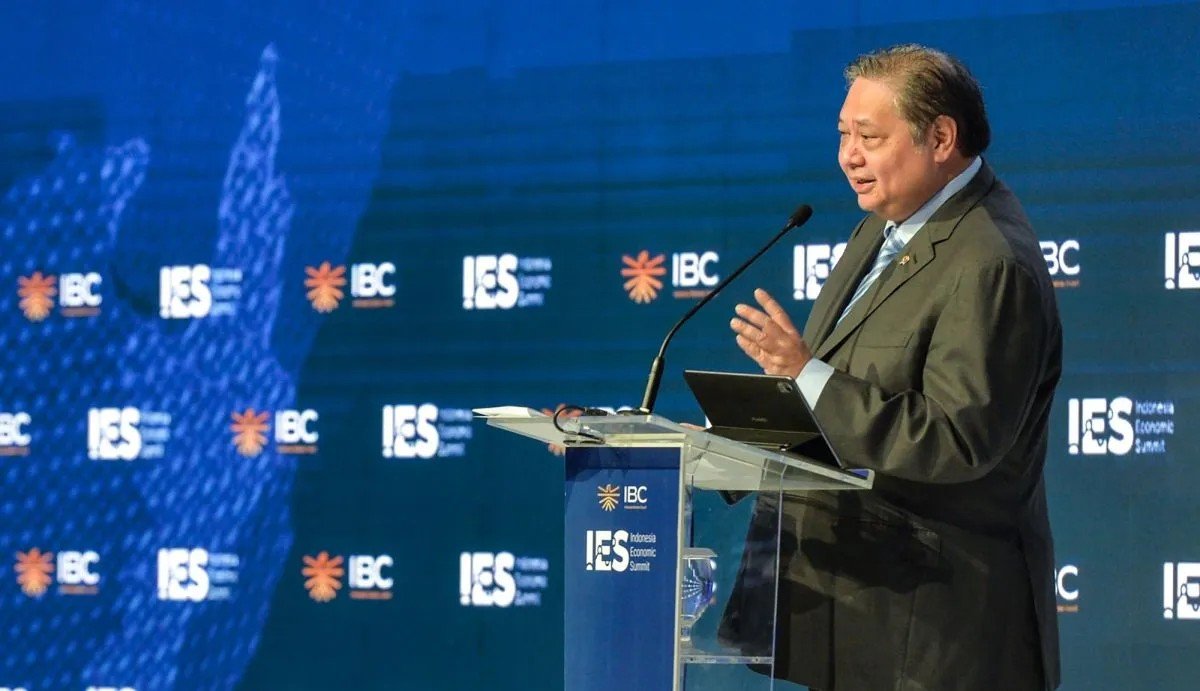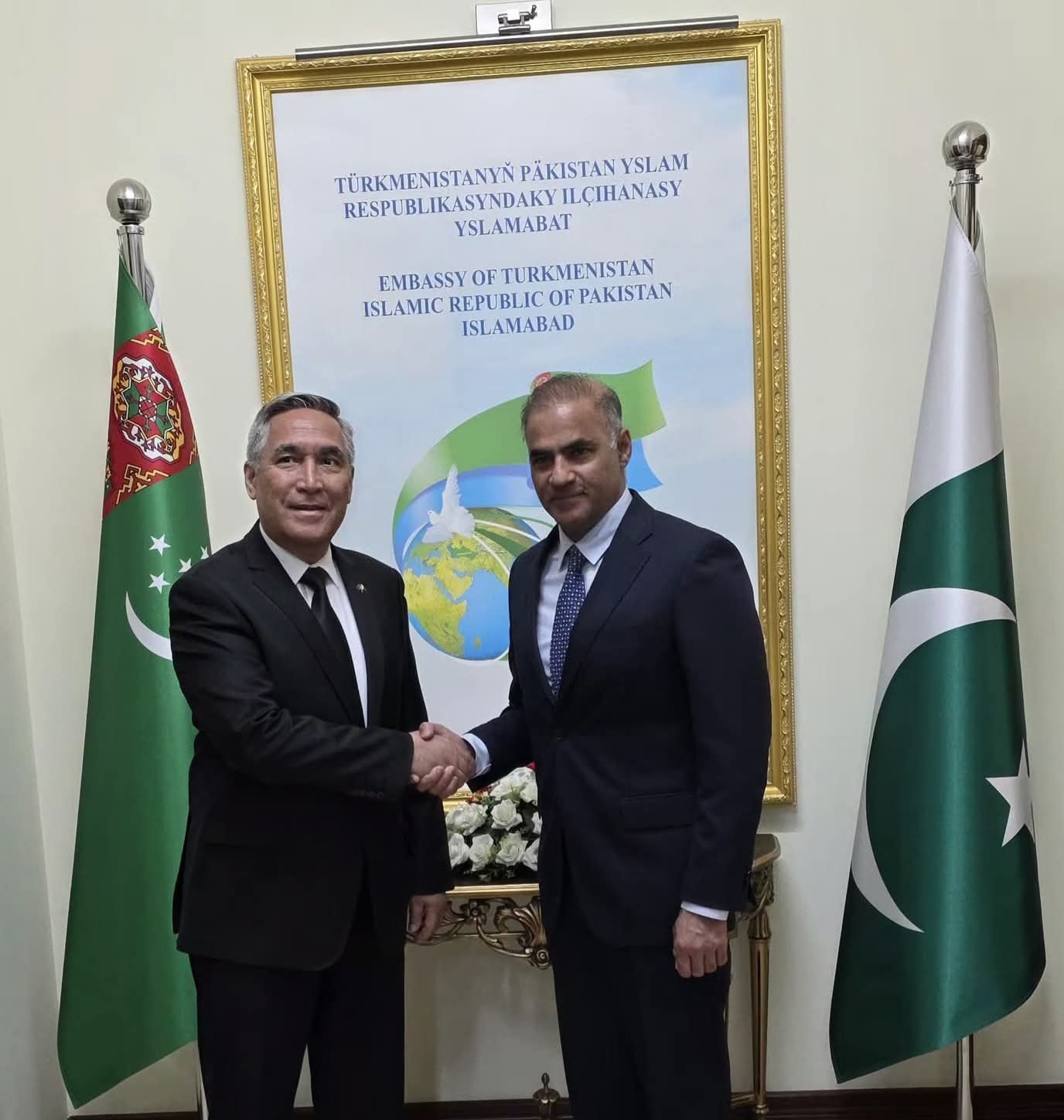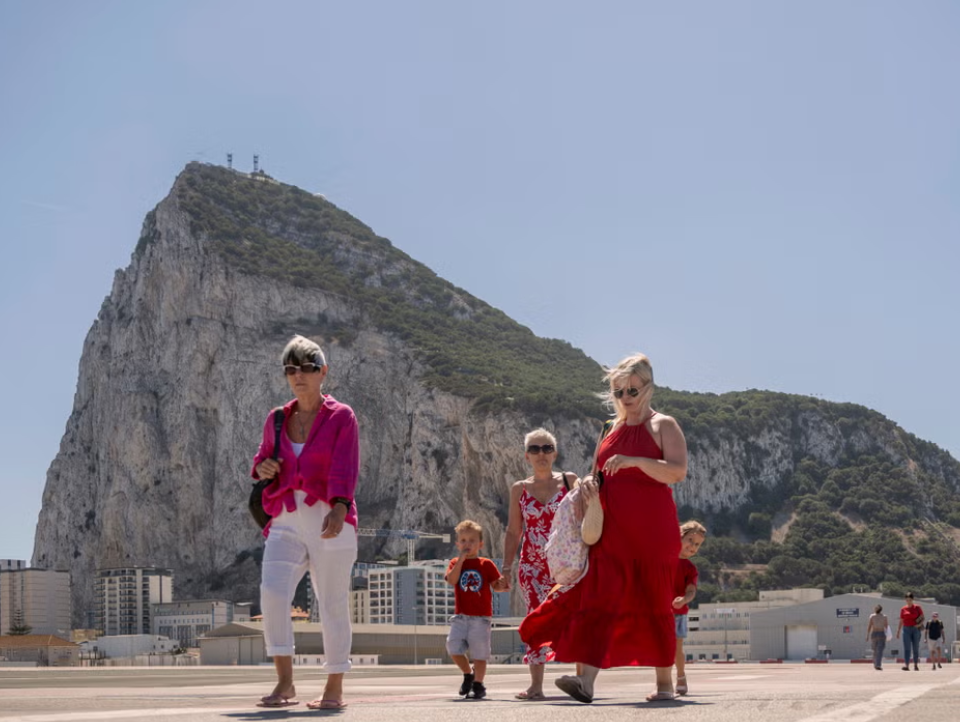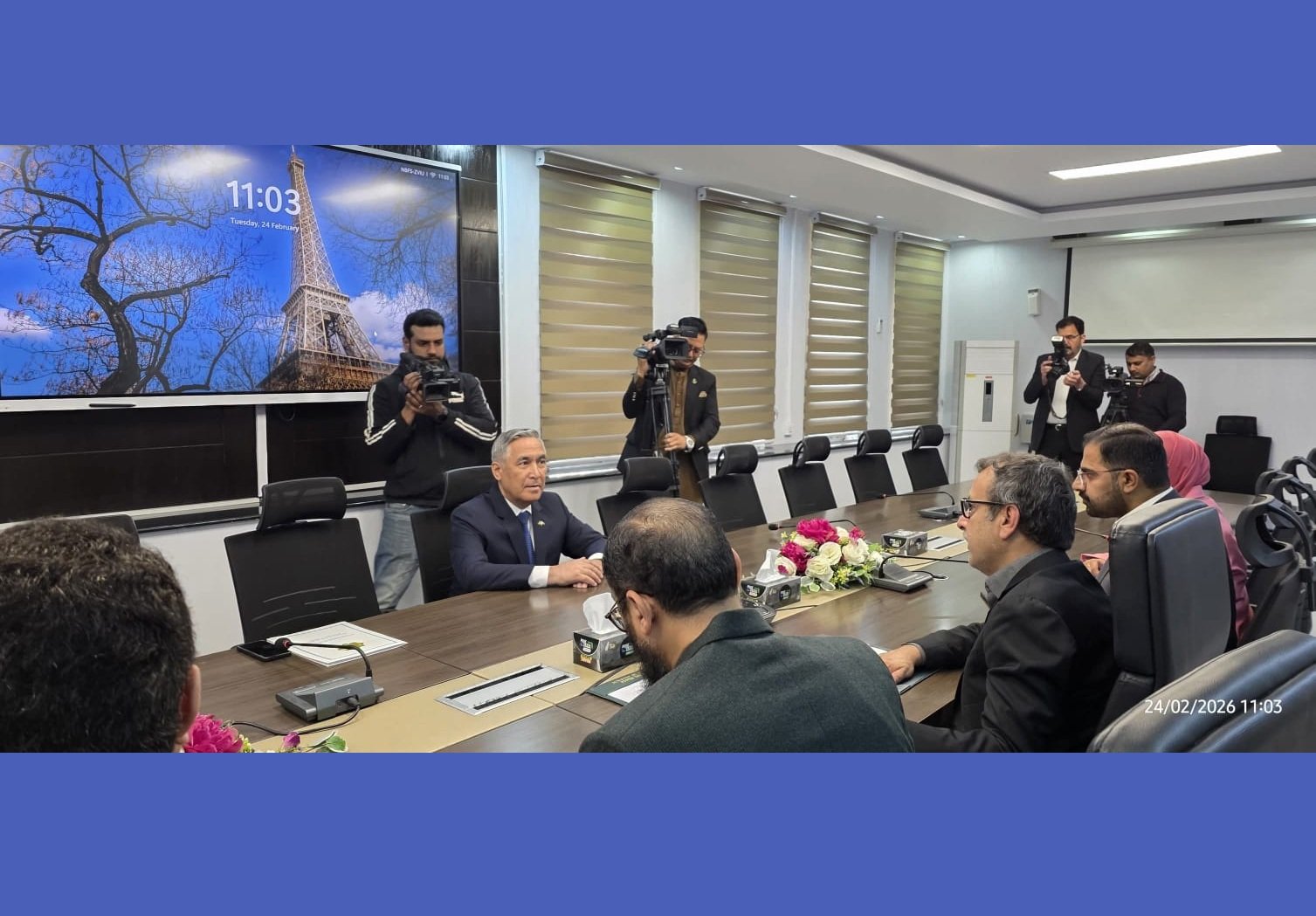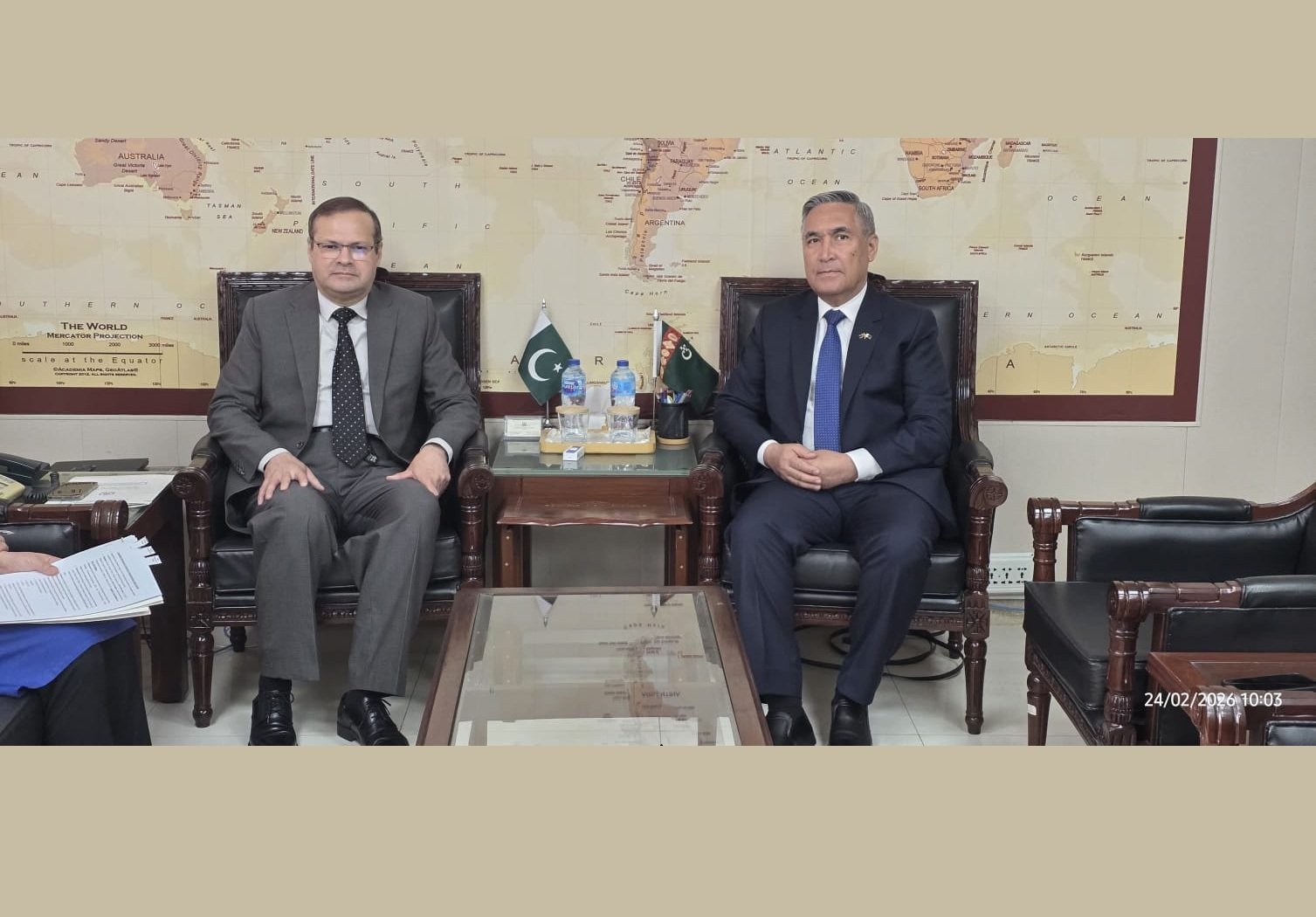Belém, November 18, 2025 – The Europe Today: The Indonesian government on Monday officially launched its Blue Carbon Ecosystem Roadmap and Action Guidelines during the 30th UN Climate Change Conference (COP30) in Belém, Brazil, marking a major milestone in the country’s integrated land–ocean climate strategy.
Speaking at the Indonesia Pavilion, Environment Minister Hanif Faisol Nurofiq said the launch reflects Indonesia’s growing leadership in aligning terrestrial and marine climate action. “The release of this document demonstrates Indonesia’s leadership in linking land and ocean-based climate action,” he stated. “By strengthening scientific knowledge, strategic policy, and international cooperation, Indonesia aims to ensure that blue carbon contributions are fully integrated into the national carbon economic value system and carbon market.”
The roadmap is the product of collaboration between the Ministry of Marine Affairs and Fisheries (KKP) and the Ministry of Environment/Environmental Control Agency (KLH/BPLH). It reinforces the integration of coastal and marine ecosystems into Indonesia’s Second Nationally Determined Contribution (SNDC), forming the basis of the country’s renewed climate mitigation and adaptation commitments.
The incorporation of blue carbon into the SNDC — submitted to the UNFCCC Secretariat — represents a significant advancement in positioning mangroves, seagrass beds, and tidal salt marshes as key components of Indonesia’s emission reduction strategy and climate resilience efforts. This alignment also strengthens the Carbon Economic Value (NEK) framework outlined in Presidential Regulation No. 110 of 2025.
Marine Affairs and Fisheries Minister Sakti Wahyu Trenggono underscored the roadmap’s strategic significance, noting that blue carbon is a cornerstone of the national climate architecture. “Blue carbon ecosystems are extraordinarily valuable climate assets for Indonesia. This roadmap is not just a policy guide, it is an action framework that connects science, policy, and financing to ensure the quality and integrity of blue carbon ecosystems within the national carbon economic value system,” he said.
Trenggono added that harmonizing perspectives on Indonesia’s three major blue carbon ecosystems — mangroves, seagrass beds, and salt marshes — under a unified coastal system will generate broader benefits, including biodiversity protection, enhanced coastal resilience, strengthened blue food security, and expanded opportunities for sustainable economic development.
